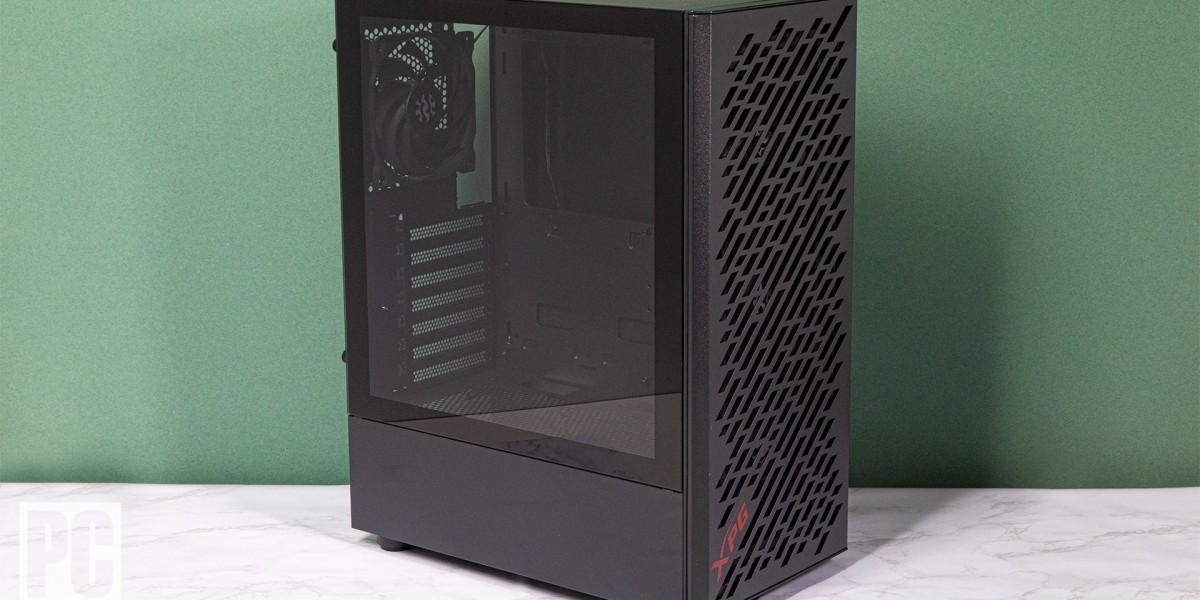When building your dream gaming rig or workstation, one of the most crucial decisions you'll face is selecting the right PC case. The form factor of your PC case plays a significant role in determining what components you can use, how much space you'll have for cable management, and how the final build will look. In this article, we'll delve into the world of PC case form factors and explore the factors that influence your decision.
The Importance of Form Factor
The form factor of your PC case determines its physical dimensions, internal layout, and compatibility with different components. Getting the right form factor is crucial because it affects the performance, functionality, and aesthetics of your computer. To make an informed choice, consider the following factors:
Component Compatibility
When choosing a PC case, the primary consideration should be whether it can accommodate your chosen components. Different form factors support varying motherboard sizes, power supplies, and cooling solutions. For example, a Mini-ITX case will only fit a Mini-ITX motherboard, while an ATX case can house ATX or smaller motherboards.
Cooling and Airflow
The size of your PC case influences the cooling potential. Larger cases typically have more room for additional fans, liquid cooling setups, and better airflow. Smaller cases may require more thoughtful cooling solutions to prevent overheating.
Cable Management
A larger case will generally provide more space for cable management, making it easier to keep your build neat and tidy. Smaller cases can challenge your cable management skills, so consider your cable routing options when selecting a form factor.
Choosing the Right Form Factor
Selecting the right form factor for your PC case depends on your specific needs and preferences. Here are some considerations to help you make the best choice:
Purpose
Consider the primary purpose of your PC build. If you're building a gaming powerhouse, a mid or full-sized ATX case may be ideal. For a compact home server, a Micro-ATX or Mini-ITX case might be the right fit.
Space
Think about the physical space where you plan to set up your PC. If you have limited space, a smaller form factor might be the only option. Ensure your chosen form factor fits within your designated area.
Future Expansion
Consider whether you'll need to add components in the future. If you anticipate upgrading your system with more storage, a larger motherboard, or extra graphics cards, it's wise to choose a case that allows for expansion.
Aesthetics
Don't forget about aesthetics! PC cases come in various designs, so pick one that matches your style and complements your overall setup.
Conclusion
In the world of PC building, size does matter when it comes to selecting the right form factor for your PC case. The decision should be based on your specific needs, component compatibility, cooling requirements, and available space. By taking these factors into account, you can ensure that your PC build not only performs well but also looks great in its new home. So, whether you opt for the spacious ATX, the versatile Micro-ATX, or the compact Mini-ITX, the perfect form factor awaits you.








